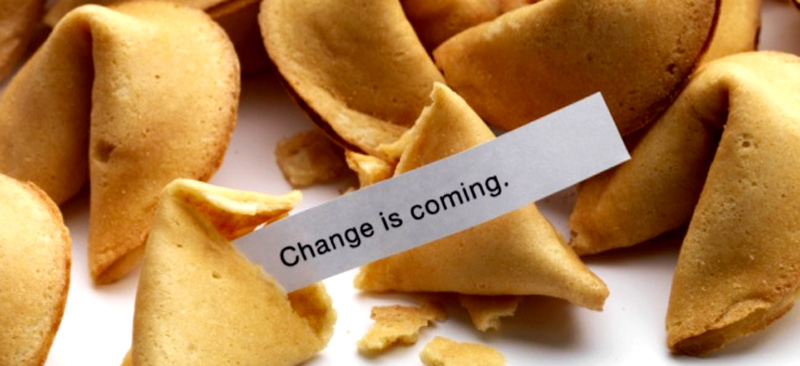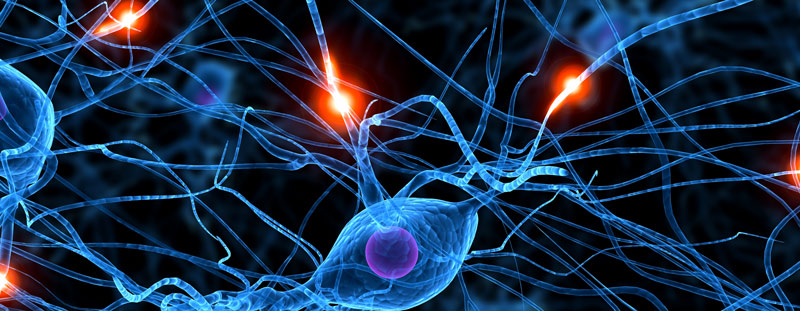Meditation - Take Control of Your Life!

"THE BEST WAY TO GET STARTED IS TO QUIT TALKING AND BEGIN DOING" - Walt Disney
It’s 30 degrees in Melbourne and in a room overlooking the leafy garden of Linden Gallery, a JinLi class chill out and tune in.

How do I meditate? How can I stop thinking? I’d like to meditate but I don’t have the time. Does it even work anyhow?
- Focused attention including breathing awareness to improve concentration,
- Mindfulness through observation and stream of consciousness,
- Compassion in cultivating feelings of empathy and kindness to increase peace and avoid burnout,
- Visualisation techniques to redirect the wandering mind, improve creative thinking and enhance goal setting.
These techniques have been proven by Neuroscience to increase brain activity and diminish the stress response, leading to increased happiness. All in all,
the coordination of mind and body will fully enliven our sense of purpose.
But why meditate?

How does Neuroplasticity link with meditation?
Anterior cingulate cortex - connected to our ability to self regulate, our motor attention and cognitive flexibility,
Pre-Frontal cortex - responsible for executive functioning such as planning problem solving and emotion regulation,
Hippocampus - governs learning and memory and is susceptible to stress disorders like depression,
Amygdala - meditation decreases Amygdala size, our brain’s fight or flight centre and the seat of our fearful and anxious emotions.
Meditation improves functionality in the brain’s networks/connections: less reactivity, high attention, high concentration, reduced activity in the “Monkey Mind” centre of our brain.
Meditation doesn’t only change the brain, it changes the mind. To suggest meditation is simply only brain training is to sell meditation short.
Meditation brings people into contact with their potential and helps discover and define their purpose in life. Meditation practitioners develop empathy, show greater compassion, and communicate more mindfully.
Our JinLi participants explored a fuller understanding of their mind and how to control and expand it through simple but powerful meditation practices. They gained enormously from the knowledge that happiness and contentment are skills. The "Meditation - Take Control of Your Life" course was also an opportunity to practise a mindful approach to the chaotic roller coaster the festive season can bring, and a means to clarify intention for the New Year.
- Dr Lisa Pizaro 2016

Recent Posts
- The Year of the Wood Snake and Tai Chi/Qigong: A Harmonious Interplay
- An Introduction to the Six Harmonies in Taijiquan
- Tai Chi Lessons from a Broken Piano: Work with What You Have
- Tai Chi and Cage Fighting: Zhang WeiLi, China’s UFC Champion
- Studio 14 - The Launch of a Dream
- It’s The Year of the Wood Dragon – A Great Time to Dream Big
- The 21st WTQA Festival 2023 - My First Wushu Tai Chi Qigong Festival
- Spreading the Word: Presenting the Benefits of Qigong and Tai Chi to Probus Members
- Fortune, Sex, and a Good Death: The Bat in Chinese Symbology
- Unlocking Holistic Health: The Power of Taijiquan for Mind, Body and Spirit
Tags
Archive
- January 2025 (1)
- November 2024 (1)
- September 2024 (1)
- July 2024 (1)
- January 2024 (2)
- December 2023 (1)
- September 2023 (1)
- June 2023 (2)
- April 2023 (1)
- January 2023 (2)
- November 2022 (1)
- August 2022 (1)
- March 2022 (1)
- January 2022 (2)
- September 2021 (1)
- May 2021 (1)
- March 2021 (1)
- February 2021 (2)
- January 2021 (1)
- December 2020 (1)
- August 2020 (1)
- April 2020 (1)
- January 2020 (1)
- October 2019 (1)
- May 2019 (2)
- April 2019 (1)
- March 2019 (3)
- February 2019 (2)
- January 2019 (3)
- December 2018 (2)
- October 2018 (1)
- July 2018 (1)
- June 2018 (1)
- April 2018 (2)
- February 2018 (1)
- October 2017 (1)
- September 2017 (1)
- April 2017 (2)
- March 2017 (1)
- January 2017 (2)
- December 2016 (2)
- October 2016 (1)
- September 2016 (1)
- August 2016 (1)
- July 2016 (2)
- June 2016 (21)
